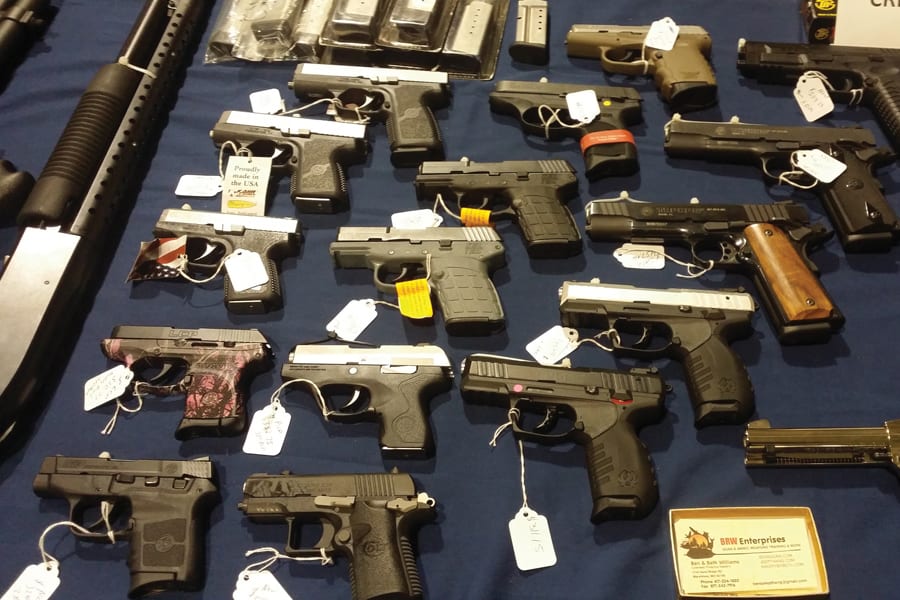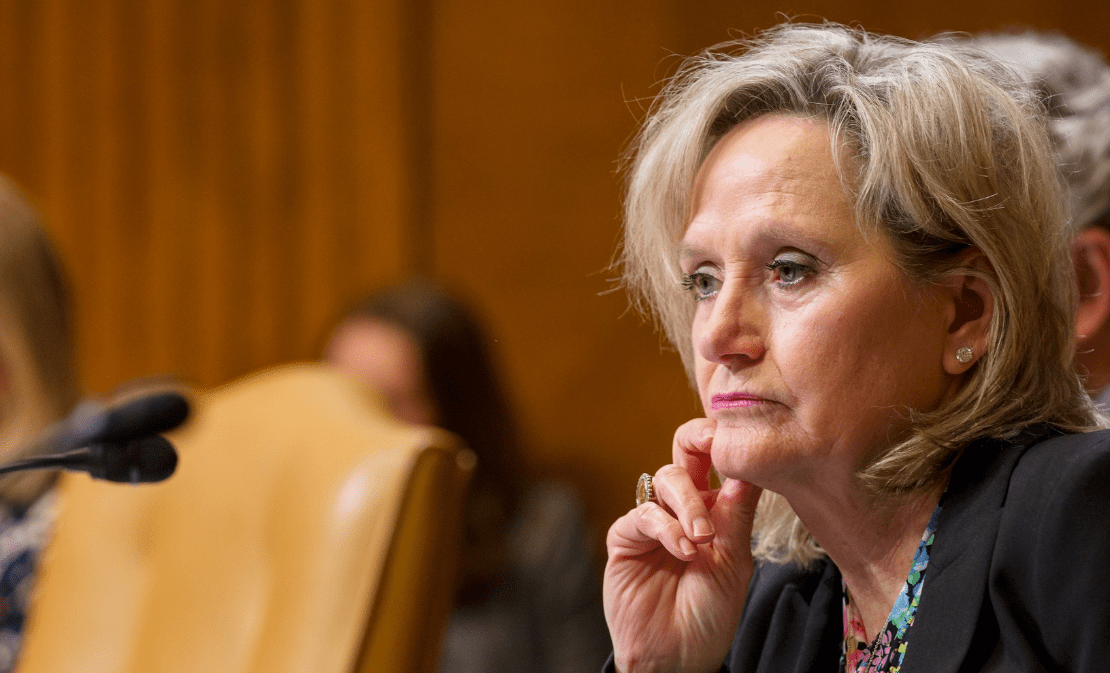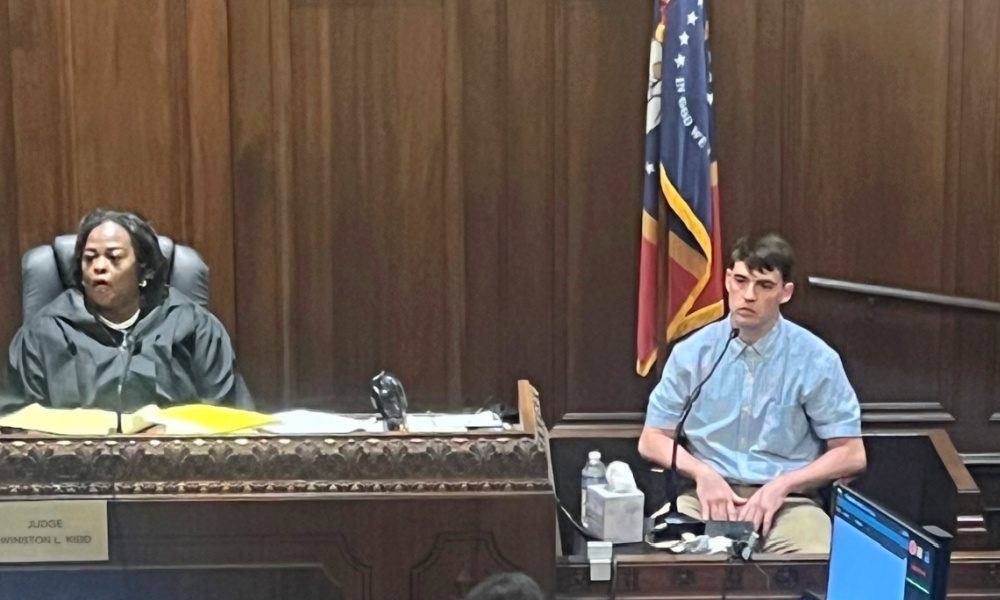
- A U.S. District judge in Texas said the new ATF rule would require “firearms owners prove innocence rather than the government prove guilt.”
Last week, a federal judge in Texas blocked an expanded regulation that requires gun sellers – including individuals – to conduct background checks in four states.
The states of Mississippi, Texas, Utah and Louisiana challenged the new federal rule which would essentially criminalize unlicensed gun sales between individuals if the seller is found to be offering additional guns for sale.
U.S. District Judge Matthew Kacsmaryk issued a preliminary injunction that stops the Bureau of Alcohol, Tobacco, Firearms and Explosives (ATF) from enforcing new rules that expand background checks to individuals, gun shows, flea markets, and more using a 2022 law signed by President Joe Biden in the wake of the Uvalde school shooting.
“They cannot engage in lawful, noncommercial conduct without fear of prosecution,” Judge Kacsmaryk wrote in his opinion. “They cannot collect firearms for personal defense while enjoying statutory protection. Nor can they dispose of firearms from their personal collections for fear of being presumed ‘engaged in the business.’”
He went further, saying the new rule would require “firearms owners prove innocence rather than the government prove guilt.”
The judge noted that the bipartisan Safer Communities Act, under which the rulemaking proceeded, said specifically that it applies to those who “devote time, attention, and labor to dealing in firearms as a regular course of trade of business to predominantly earn a profit through the repetitive purchase and resale of firearms, but such term shall not include a person who makes occasional sales, exchanges, or purchases of firearms for the enhancement of a personal collection or for a hobby, or who sells all or part of his personal collection of firearms.”
However, the new ATF rule went further, as “a single firearm transaction or offer to engage in a transaction” may be sufficient to require a license.
Judge Kacsmaryk said the rule went too far beyond the statutory language.
For example, selling a single gun between family members could require a firearms dealer license. The penalties for not being licensed are up to 5 years in prison, a fine of up to $250,000 or both, plus civil or administrative forfeiture of the firearms.
The Mississippi Attorney General’s office declined to comment as the matter is considered ongoing litigation. An appeal is likely from the federal government.











